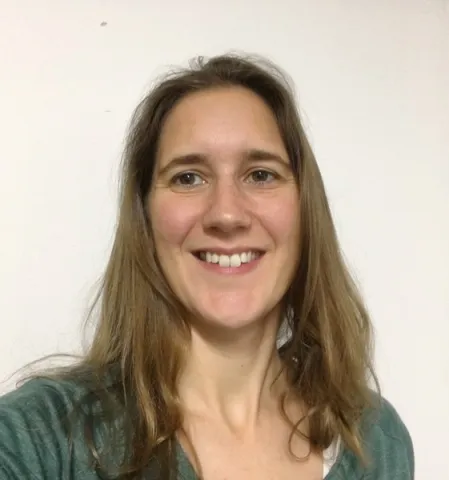About the project
The NE Atlantic Ocean is warming, and consequently plankton communities are shifting towards smaller cells. This project will investigate how physical environmental conditions drive changes in phytoplankton composition, primary production and the impacts on the sinking organic carbon transported and stored in deeper waters.
The NE Atlantic is warming and acidifying, with potential impacts on the oceanographic conditions (such as stratification, nutrient availability and oxygen levels), as well as plankton diversity and ecosystem functioning. Recent findings have revealed annual shifts in the NE Atlantic plankton communities due to climate change, with a reduction in biologically and ecologically important groups. This study has shown a decline in the abundance of pelagic plankton and a shift in their composition from larger diatoms towards dinoflagellates and smaller cells1. Diatoms are crucial for biogeochemical cycles, as they are key players in the uptake of carbon dioxide in the ocean and the export and storage of carbon in the deep ocean2. Despite the new observations, we lack an understanding on how the potential changes in the plankton community composition and/or cell size will influence the carbon dioxide uptake from the atmosphere, primary production and carbon export efficiency.
This project will combine new high resolution biogeochemical observations collected via sensors mounted on the mooring at the Porcupine Abyssal Plain (PAP) Sustained Observatory in the NE Atlantic3 (https://projects.noc.ac.uk/pap/), with satellite data, potentially models, and laboratory analysis of plankton pigments and community composition collected during previous and future annual cruises to PAP (and potentially other cruises).
Observations will be analysed to better understand the dynamic changes in plankton composition and their impacts on the ability of the ocean to produce organic carbon in surface waters and transport it to the deep ocean, thus having implications for ocean and human health.
Supervisors
As well as Dr Anna Hickman, you will also receive supervision from individuals at the National Oceanographic Centre (NOC), Southampton:
- Dr Elena Garcia-Martín (Project lead)
- Dr Susan Hartman
- Dr Elisa Lovecchio
